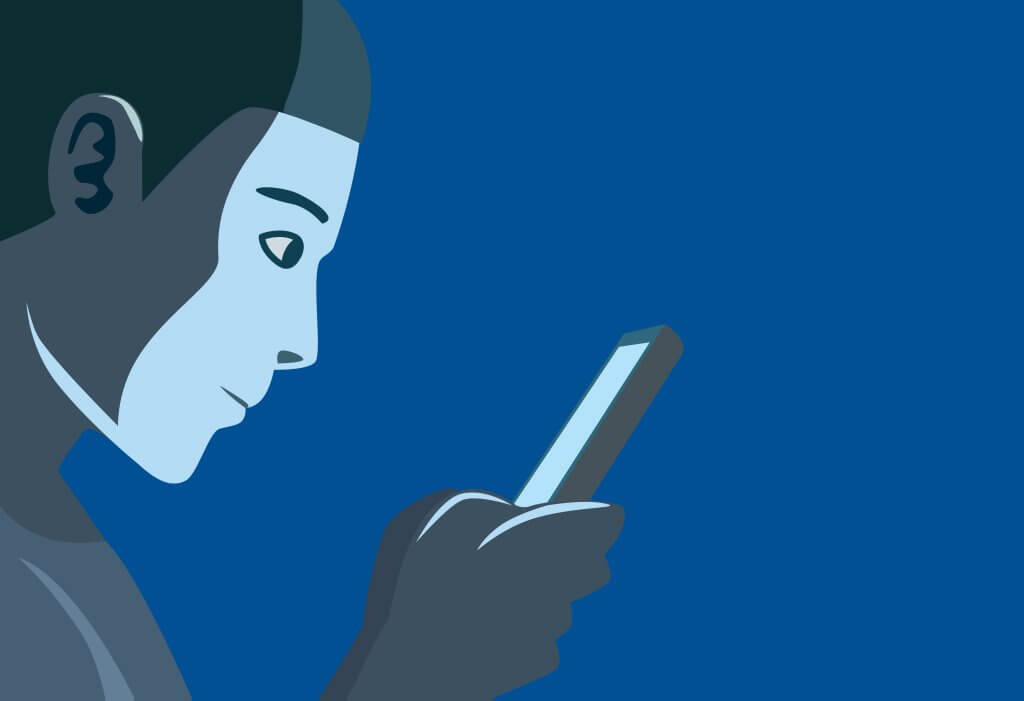Lies on social media constantly invade us and affect different areas of our lives, in fact, there are several areas of science that explain the effect of lying on daily communication.
Sociologists, anthropologists, psychologists, physicists and mathematicians have analyzed, from their point of view, what the role of lying is in the media and how they affect us, as well as studying the parts of the brain involved in the lie. on this.
- A study by Rafael A.
- Barrio of the INSTITUTE of Physics of INAM found that lying commonly occurs on social networks.
- As well as in any type of human communication.
It is an international survey carried out through the application of a dynamic opinion model of a vast telephone network covering the European Union, with the aim of examining the role of lying on social media.
Lies on social media are almost every day. The novelty is that, thanks to a mathematical formula, it is possible to determine why we lie.
The analysis of the interactions of the couples has been developed through the use of a call system organized in 7 million phones, so, according to the authors: “In this research, we focus on the impact of lying on coherence and structure of social networks “. . “
The study notes that lies are a substantial element in maintaining the virtuality of relationships between people. “Although as children we learn that lying is bad and we have to act honestly, we learn to lie, sometimes in a sophisticated way. This is something we do in any kind of human society, and it’s something that other primates, like chimpanzees do, Barrio said.
In the article Effects of deception in social networks, the authors highlight the existence of two types of lies in social networks:
Studies in the United States show that in a half-hour conversation, you can lie up to nine times.
As currently understood in society, white lies have a positive and innocent connotation, unlike black lies, understood as a resource with harmful and offensive connotations.
The former are usually issued with good reason and do not harm the individual, unlike the latter, which occur with a perverse intention to benefit the sender and harm the recipient.
Among the results published in Proceedings of the Royal Society B. , scientists found that:
“A lie, no matter how it’s repeated, is always a lie. “-Alfredo Vela-
The great invention of primates is sociability and, in addition, the ability to deceive. Our brain can handle more equal-to-equal relationships with lies. If a person were honest all the time, their connections would be minor. a technique we use to interact with more people at the same time.
As time goes on and social media builds on balanced community structures, don’t people lie less? in fact, they’re starting to lie more. The number of antisocial lies is harmful or tends to disappear, while prosocial lies increase in large numbers.
This effect is quantitatively consistent with studies in schools, where we find that as children grow up they become increasingly liars, in young children there are many antisocial lies that disappear as they grow, but on the other hand, prosocial lies. Multiply.
“A bad lie is not bad when you stand for a good truth with it. -Jacinto Benavente-
Totally honest people run the risk of being isolated, because those who say only the truth can hurt others. These people are characterized by withdrawal and lack of friends, as they often say what they think without fear of what others might think of their comments. that are generally embarrassing or inappropriate for many.
Therefore, being honest is not always the best thing to do from a social point of view, however, honest people receive the respect and trust of others, which also becomes a virtue.
We can’t say that human beings are liars, but we use lies at some point and when it suits us. The reason we lie is because we are immersed in a society, with many groups of people with whom we constantly interact and want to make the most of socially and emotionally.
There are many good things behind this new human communication, and there are others that are not so good. The worst social network may be that we disconnect from ourselves, that our history is told by false moments and not by real experiences, which are the ones that give real value to our memories.

